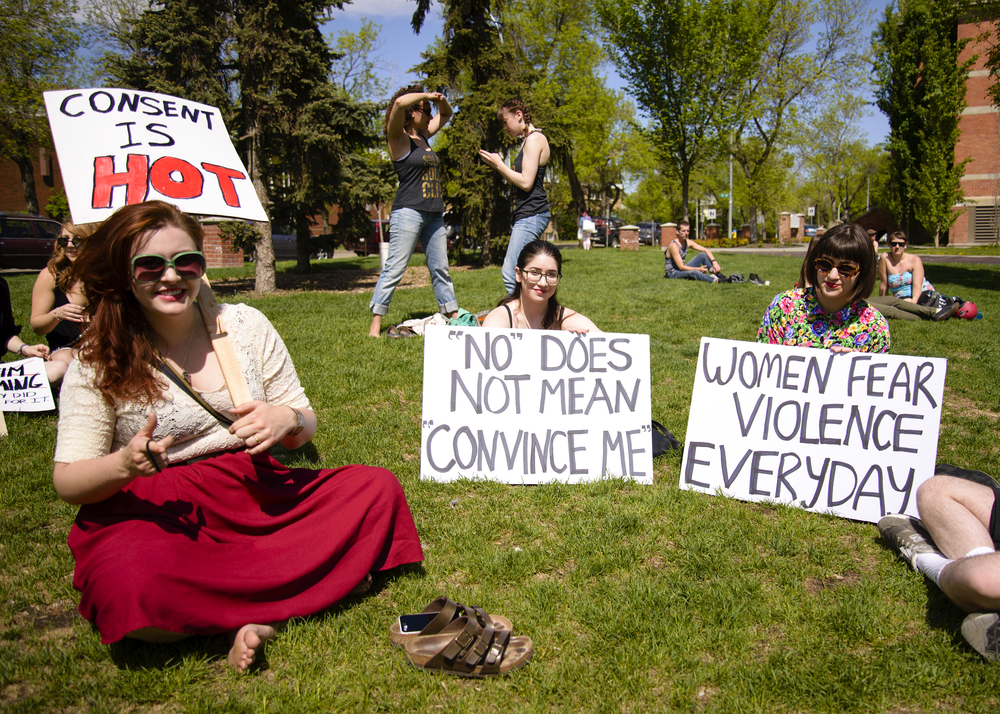Expert victim stories on The Voice: ‘Victim blaming is finally brought to a halt’
The broadcast of BOOS caused great social unrest, not least because of John de Mol’s part in the episode. Univers talks about it with social scientist Eva Mulder, expert in the field of reactions to victim stories. “Victim blaming is increasingly recognized, and brought to a halt.”

During her PhD research, Eva Mulder dealt with stories of sexual transgressive behavior that are difficult to recognize or acknowledged as sexual violence, for example, because no physical violence took place or there was no explicit coercion. She found out that cases that take place in these more “grey areas” often lead to negative reactions from outsiders. Mulder received her PhD from Tilburg University last March for the thesis The Normality of Rape.
From your research, what did you recognize in the victims’ stories of transgressive behavior and abuse on the TV show The Voice?
“The stories told by the victims in the episode of BOOS are very similar to those I investigated during my PhD. A clear example is the moment when one of the victims doubts out loud whether she can qualify what happened to her as ‘rape’ when clearly involuntary sex took place. The victim felt, due to skewed power relations, that she could not say no, and stiffened when the man across from her initiated sex.
“In addition, there were also examples of inappropriate comments and touching, which make the victim of this very insecure. A reaction of the victim can then be to question herself: ‘Is this serious enough to say something about it, or is this normal in the artist world?’
“I also saw in my research that such forms of sexually transgressive behavior are more easily ‘normalized.’ That the incidents take place in a gray area makes it easier for perpetrators, third parties, and even victims to wave away or justify the sexual violence: ‘It was a joke,’ ‘It was a misunderstanding,’ or even ‘That’s normal in this world.'”
There has been much discussion about John de Mol’s contribution to the episode. Did you observe a negative reaction in him as you examined such reactions in your thesis?
“One statement De Mol made that has stuck with many people is that women should speak up sooner. Then you point to the victim as primarily responsible for dealing with sexually transgressive behavior, and that’s kind of odd and inappropriate.

“John de Mol seems to be in denial that the culture within his company, with its associated power relations, hierarchy, and dependency relationships may prevent or hinder women from speaking out.
“Major reasons women don’t report is because they hold themselves responsible for what happened to them, are afraid of not being believed, or don’t think it’s serious enough.
“De Mol rightly says that victims often feel a sense of shame. The big task we have as a society is to address that shame, in part by focusing on gender equality and debunking rape myths.”
Have you seen any notable reactions to the episode in the media or social media that you found typical of how our society views transgressive behavior?
“Of course there have been negative reactions to revelations of victims, Brabants Dagblad (Dutch only) wrote an article about it. But I would rather emphasize positive aspects, such as the fierce dissent against John de Mol. His reaction in the interview with Tim Hofman was fortunately well recognized as an example of victim blaming. Viewers recognized that something crazy and inappropriate was happening in De Mol’s statement: namely, placing the responsibility for countering sexual violence on the victims.
“In addition, I see attention paid to whether a victim has filed a report. When a talk show host or Twitter user says that a certain behavior is or is not criminal, others respond that, criminal or not, the behavior of the men in the BOOS episode is just wrong.
“I feel like there is a kind of shift here. Instead of defining sexually transgressive behavior very narrowly as criminal rape or sexual assault, there seems to be more room for recognizing that the spectrum is much broader. Not everything is always criminal, but it is immoral. That makes me hopeful.”
Translated by Language Center, Riet Bettonviel






